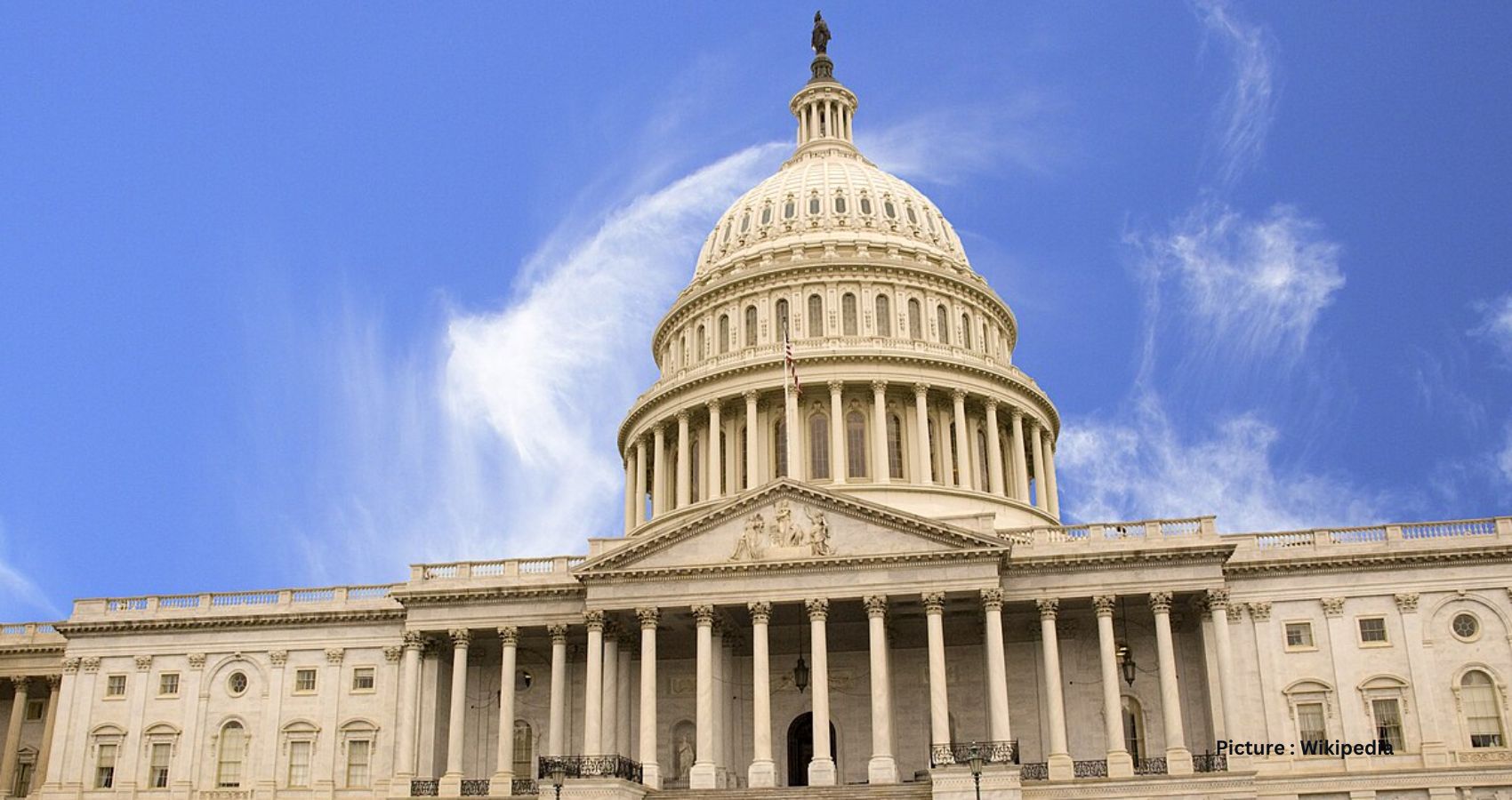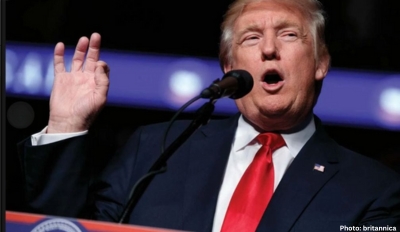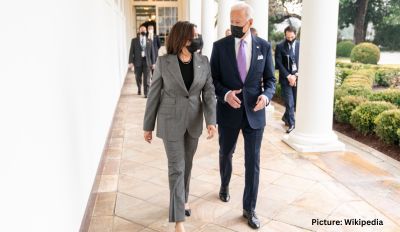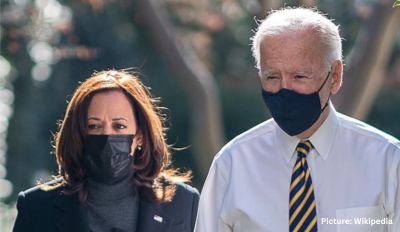TikTok and its parent company, ByteDance, are facing a significant challenge to their operations in the U.S., prompting them to resort to legal action, once again invoking the First Amendment. The company has filed a lawsuit against a new bipartisan law that mandates it to divest TikTok or face a ban in the country. This law, known as the Protecting Americans From Foreign Adversary Controlled Applications Act, is designed to address national security concerns arising from TikTok’s ties to China. Despite TikTok’s past successes in court using First Amendment arguments, this new law presents additional hurdles, as it is specifically tailored to address national security threats.
Sarah Kreps, director of the Tech Policy Institute at Cornell Brooks School of Public Policy, noted the ongoing efforts to ensure the constitutionality of such measures, emphasizing the evolving legal landscape since the Trump administration’s initial attempts to ban TikTok in 2020. The swift passage of the recent law, signed by President Biden, underscores the bipartisan consensus on the perceived national security risks posed by TikTok.
The law gained momentum in Congress, receiving bipartisan support and advancing rapidly through the legislative process. It was championed by members of the Select Committee on the Chinese Communist Party and eventually incorporated into a broader package of foreign aid bills. Despite previous legislative efforts targeting TikTok, this new law distinguishes itself by providing ByteDance with an opportunity to sell TikTok before facing a ban and by authorizing the president to designate other apps with ties to adversarial nations.
However, TikTok remains steadfast in its First Amendment defense, arguing that the law unfairly targets the company and imposes an unattainable deadline for divestment. TikTok contends that the mandated divestiture is not feasible and represents an unconstitutional overreach by the government. While TikTok has successfully defended itself against previous bans using First Amendment arguments, the focus of the new law on national security presents a unique challenge.
The Knight First Amendment Institute has voiced opposition to both the federal law and previous state-level attempts to ban TikTok. According to George Wang, a staff attorney at the institute, any restriction on free speech must be justified by compelling evidence of harm, which the government has yet to provide convincingly.
The passage of the law was facilitated by a classified briefing to lawmakers from the intelligence community, highlighting potential security threats posed by TikTok. Despite some dissenting voices, the bill garnered broad bipartisan support, signaling a rare consensus on the perceived national security risks associated with TikTok.
Kreps observed that such broad bipartisan support lends credence to the notion of TikTok as a national security threat, given the typically polarized political climate. This unanimity among lawmakers and the executive branch strengthens the perception of TikTok as a significant security concern.
TikTok and ByteDance are challenging a new law aimed at addressing national security threats posed by the app’s Chinese ownership. Despite TikTok’s history of successfully using First Amendment arguments in court, the specific focus of this law on national security presents fresh challenges. The bipartisan support for the law underscores the widespread concern over TikTok’s potential risks, as perceived by both lawmakers and the intelligence community.











